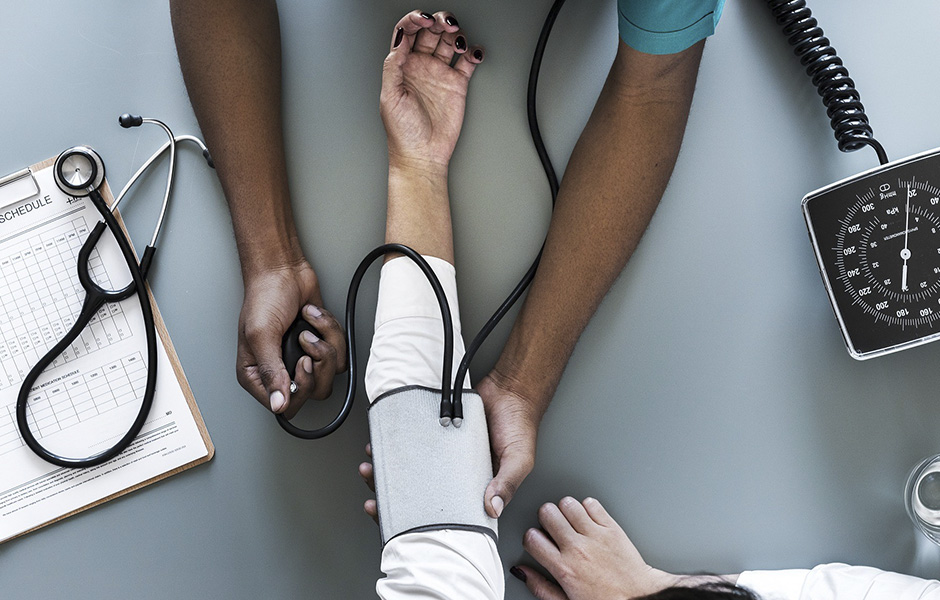The first results of e.CuidHaMUs, a CINTESIS/University of Aveiro (UA) project, which aims to develop a sustainable integrated system of health monitoring of the workers of that higher education institution, are already known.
The data were made public during the first conference of the project, which was held on June 28 at the School of Health of the University of Aveiro, with the presence of the researchers team, under the coordination of Maria Piedade Brandão.
In addition to the sociodemographic characterization, which includes gender, marital status, age and academic qualifications, the researchers analyzed several health indicators and risk factors for chronic noncommunicable diseases. High cholesterol (hypercholesterolemia) is the most prevalent, present in half of the sample, composed of about 320 workers. It is followed by the most common risk factors, which are hypertension and unhealthy diet.
When looking at the risk of cardiovascular disease, it is concluded that 69% of the workers have at least one metabolic risk factor (hypertension, diabetes, high cholesterol or obesity) and that 45% have at least one modifiable behavioral risk factor (being physically inactive, following an unhealthy diet or consuming too much alcohol).
According to this study, 16% of men and 13% of women are smokers. Considering the body mass index, 36% of employees are overweight and 10% are obese. Nearly 60% do not practice any kind of sport or programmed exercise.
It is also concluded that 30% have at least one chronic disease and that more than 26% live with acute or chronic pain. In the screening tests performed, half of the workers have alterations in the visual screening and a significant percentage have alterations in the hearing screening.
Despite these data, the overwhelming majority of the workers feel that their health is excellent, very good or good, only 20% classify it as “reasonable” and 1% consider it “weak.”
The project e.CuidHaMUs will continue the monitoring and epidemiological surveillance of health, lifestyles and well-being of the workers, providing support to Higher Education in the process of collecting, storing, creating and distributing global health information, more specifically in terms of risk factors for noncommunicable diseases, especially cardiovascular diseases.

